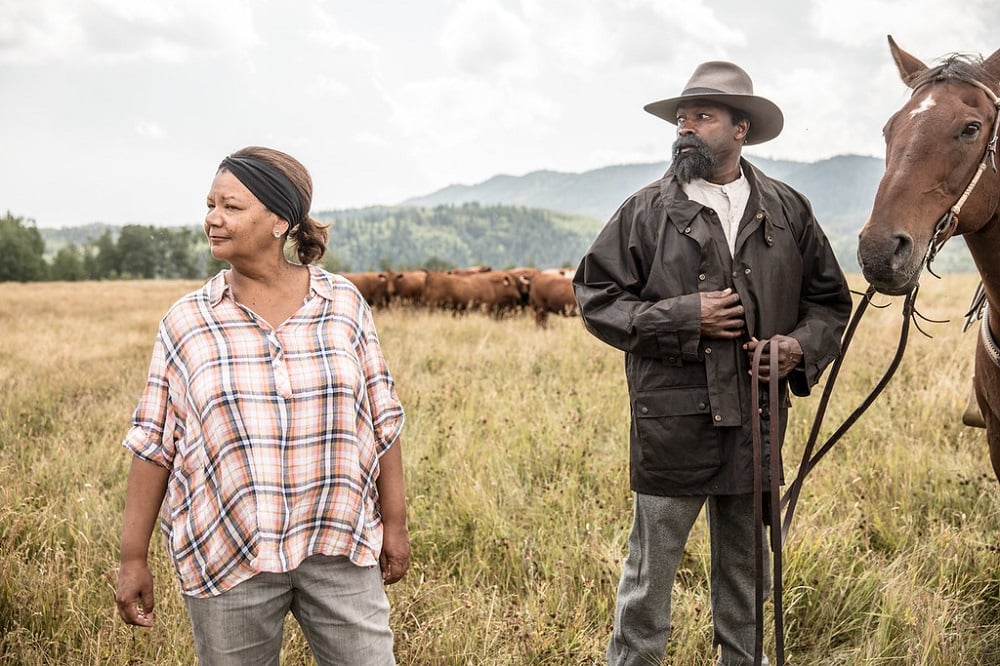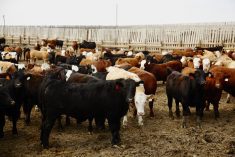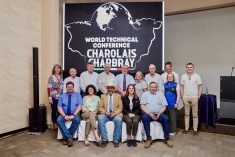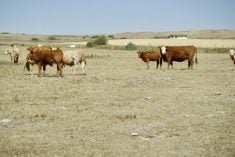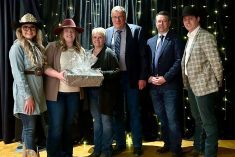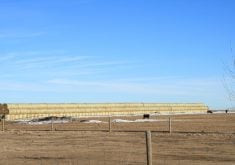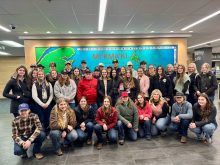When Cheryl Foggo was growing up in Calgary in the ‘50s and ‘60s, the Stampede was the big event of the year.
“And I, like many, many young people of my generation, really loved the stories of cowboys. I loved horses. And I didn’t see myself reflected in that world when I watched the Saturday afternoon movies and read cowboy narratives and that kind of thing,” says Foggo.
Foggo’s own family has a rich history on the Prairies. Her ancestors were part of the 1910 African-American migration from the U.S. to Western Canada, settling at Shiloh, Turtleford and North Battleford in north-western Sask.
Read Also

Growing Canada’s beef herd: CCA’s priorities working with new federal government
This is my first column since the federal election. The Canadian Cattle Association works with all elected officials and parliamentarians, regardless…
Foggo’s brother introduced her to John Ware, a Black cowboy and rancher who settled near Millarville, Alberta in 1887. Like her, Ware was a person of African descent, who lived in southern Alberta “and loved this place, love horses.” Discovering him allowed her to embrace all the different aspects of her identity, she says.
Foggo remained fascinated by Ware, eventually writing a play about his life and creating a film about the rancher. Her film, John Ware Reclaimed, knits together the rich lives of John and Mildred Ware and their children, within the context of the ranching communities and First Nations in southern Alberta at that time. It also draws parallels between Ware’s time and Foggo’s experience growing up in Calgary.
Ware was born into slavery in the American South. In 1882, he drove cattle into southern Alberta, and went on to settle in the Millarville and Brooks areas. He was “widely honoured for his skills as a horseman,” says Foggo, and was known for being great with animals.
“He was also a very successful rancher, especially given that he couldn’t read or write. He was very good at the business side of it, from what I can gather.”
Today Ware is better-known than most other African-American cowboys of his day in southern Alberta, with many institutions and geographical locations named after him, and a biography on him penned by Grant MacEwan. Yet the existing narrative about Ware had gaps and inaccuracies. Although he was part of a larger Black community, he is often remembered as singular. Racism also lingered; for example, there was a perception that he didn’t mind being called a racial slur.
As well, previous work about the early part of his life was more speculative than factual. Researching African American history in North America is challenging, says Foggo, as the names of people who were enslaved in the U.S. weren’t recorded until the 1870 Census. That means historians simply can’t find people from that era unless their families preserved the history.
While Ware and his wife Mildred don’t have living descendants, Foggo was able to connect with the Mallory family, friends of the Wares who kept their archives. Other ranching families (the Fishers near Millarville and the Douglas family descendants from the Brooks area) now manage the land where the Wares once lived, and allowed filmmakers to shoot there.
“It’s those connections of love and community and neighbourliness that were established by John and Mildred Ware, and then by their children, that have carried on through the generations.”
John Ware Reclaimed debuts at the Calgary International Film Festival on Sept. 24. Residents of Saskatchewan, Manitoba and Alberta can pre-book tickets at www.ciffcalgary.ca. There will be limited in-person screenings in Calgary, but film buffs can also stream films online.


